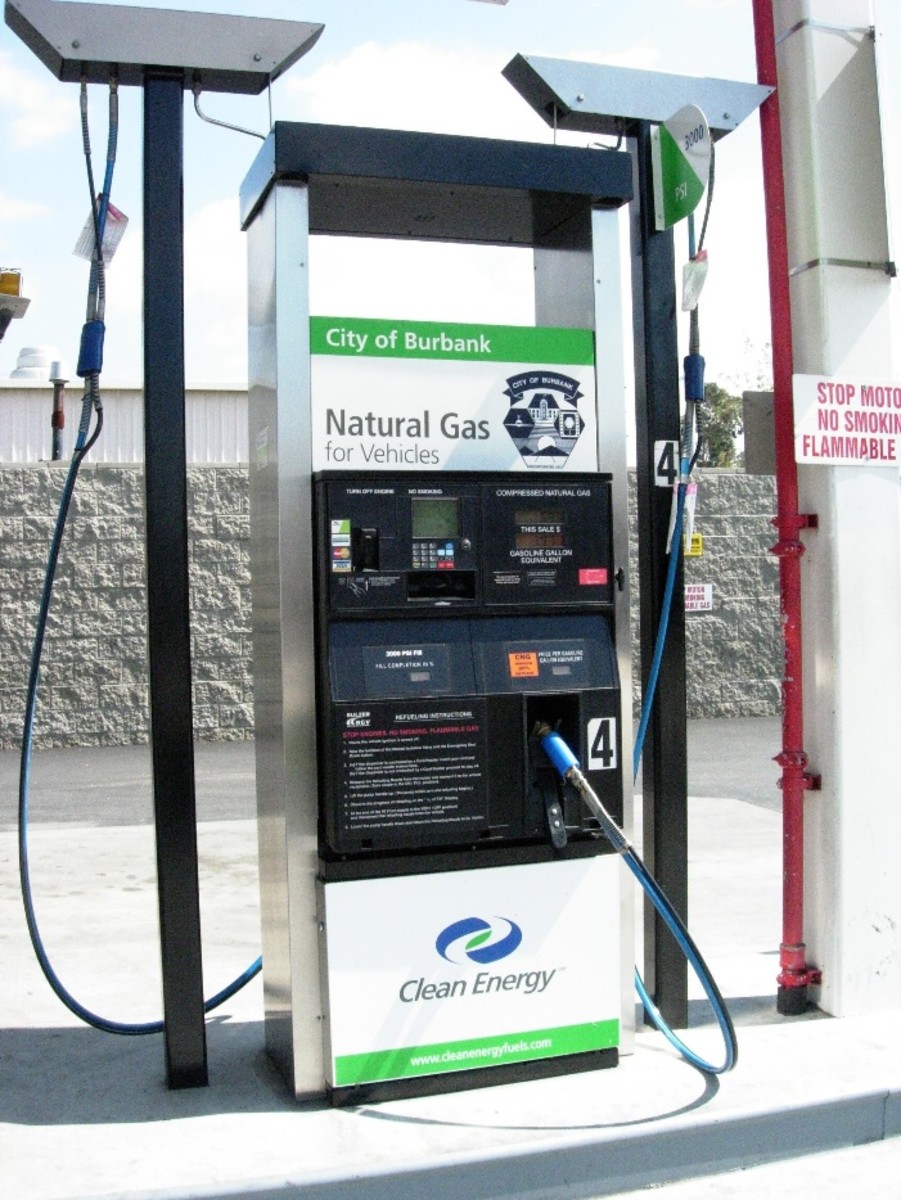What is the Marginal Propensity to Consume/ Save Rate in the United States?

Looking at the newspaper recently I have noticed a lot of talk about the savings rate in the United States and how savings will affect our rebound from the “Great Recession”. First, I will discuss what the savings rate is and how it is calculated and next go further on to explain why the savings rate may or may not matter.
In economics, economists generally look at the big picture (macroeconomics), however there are economists who look at individual firms (microeconomics). Recently though, a new breed of economics that hadn’t gotten much attention has really been discussed either directly or indirectly in the media; behavioral economics. Behavioral economics is pretty interesting stuff. Most of the time, economists make predictions from models from all sort of various aggregate inputs. Behavioral economists take it a bit further, they are a cross between psychologists, sociologists, mathematicians and economists.
Have you ever wondered how economists figure out that you’ll drink 40 litres of beer a year or that you’ll produce 1.5 pounds of trash a day? That is the macro guys taking an average of everyone’s consumption, but it is the behavioral guys who tell us why we drink 39 litres of Budweiser and only one litre of microbrew. The behavioral economists tell us that the 1.5 pounds of trash you and I produce are from consumer electronics’ packaging and we recycle only a fifth of it, mostly from buying products we then feel guilty about buying after wards.
The behavioral guys have been looking at the savings rates in the United States, trying to explain why in a period of massive recession, unemployment, and dismal interest rates, the savings rate is GOING UP! And it all goes back to a basic concept of marginal propensity to consume or save. If you are given an additional dollar (thus the marginal part of it), what will you do with it? How likely are you to spend that dollar in it’s entirety, versus chucking that dollar in your savings or money market account. A lot of these decisions are solely dependent on an individual, however looking at all the decisions all people make when in this situation we can get a rough aggregate response.
The savings rate is the aggregate of everyone in the United States willingness to save at every dollar received. In order to have a dollar (or multiple dollars) to save, you must forfeit a dollar you can you use to spend in the present. Normally, when people calculate whether to spend or save, they look at the individual utility (a measurement of happiness), spending or saving that dollar will give them. If you will derive the most happiness from paying your mortgage, keeping the electricity on or buying that six-pack of Budweiser you really love, you will spend the dollar now.
However, if you have a surplus of dollars, and all your basic needs have been met, it may be better to use that dollar in the future. This is where the interest rate affects your decision. There is normally an inverse relationship to saving and the interest rate. If interest rates are low, they will encourage people to spend the dollar now. If interest rates are high, they will encourage people to save.
Well, that’s exactly the situation we’re in now. Interest rates are low, very low. Income has been declining on a per capita scale for almost 15 years. Unemployment is at record highs (the records go back to the late 40’s). So why are people saving, if they are having such a hard time?
Behavioral economists have their work cut out for them, however it appears individuals have changed their spending habits, and as an aggregate it has affected the savings rate. More focus has been on reducing discretionary spending (the stuff that’s left over after you’ve been taxed, fed, housed and clothed). Rather than spending every discretionary dollar you earn on Budweiser, individuals are saving more for the future.
Now, this is irrational behavior for the economy, at least on a macro level. In order for the economy to get back to humming happily down the road, consumer spending needs to signal to manufacturers they need to make more products, which in turn they need more workers, which in turn decreases unemployment and increases aggregate spending yet again. It is a giant feedback loop. Instead Individuals have been looking at their 401k’s or tried to sell their house and realized all of their assets have shrunk. They need to put more aside to begin feeling like they did before the crash; secure.
This is just one of the many mysteries out there. One of the largest assumptions economists make is the assumption of rationality. However, with irrational individual choices leading to irrational aggregate decisions, it makes it very hard to get the models to work!
I personally think that after it’s all done and over with, the economy will be better for it. One thing the market loves is efficiency. It is not efficient to spend money on things that don’t make you happy. It’s been shown, that once basic requirements are met, spending increases have very little impact on your individual happiness (utility). As the stock markets has corrections, I think so do people. The United States is in a massive correction, to find what really makes us happy. Working 50+ hours a week to have a new plasma TV with all the channels offered may now be in the past. Wouldn’t you rather work 35 hours a week and have a smaller TV but more time to enjoy it?
I guess time will tell, but this may just be the beginning of a new golden age for the US, where community and interaction is once again appreciated more than individualistic consumer spending.








